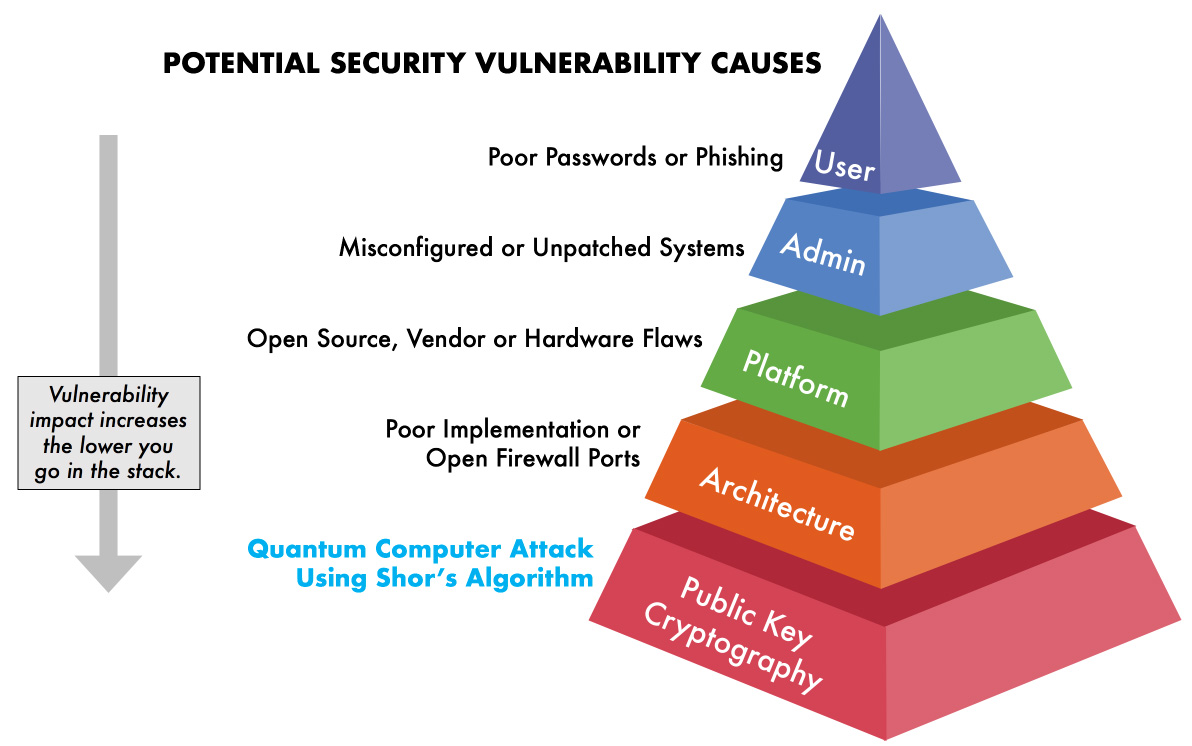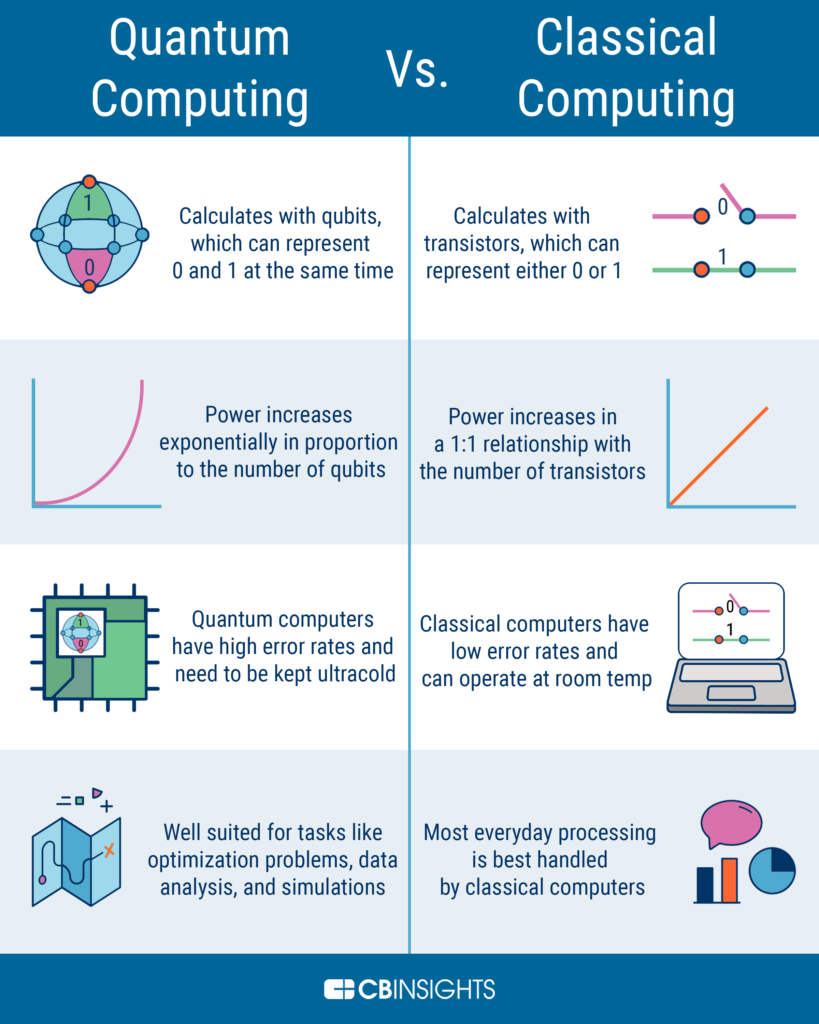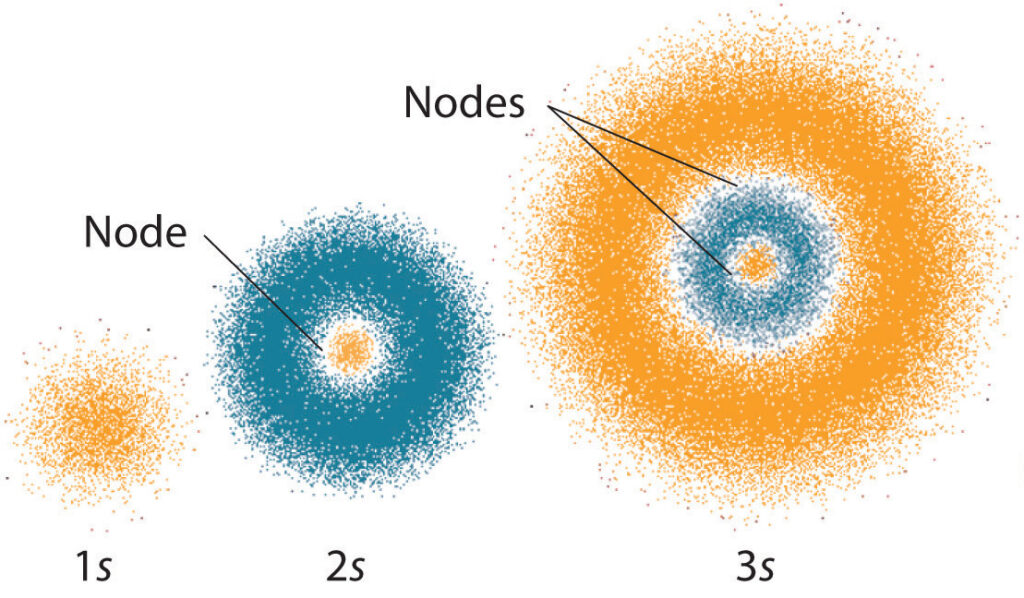Quantum computing is a technology that promises to revolutionize the way we process information. Unlike classical computers that rely on bits, which are binary digits that can only exist in one of two states (0 or 1), quantum computers use quantum bits, or qubits, that can exist in multiple states simultaneously. This means that quantum computers can perform certain types of calculations much faster than classical computers, making them ideal for solving complex problems that would take classical computers centuries to solve. However, this also raises an important question: will quantum computers threaten modern cryptography?
Cryptography is the practice of securing communication from third-party intrusion. It is a vital part of modern technology, used for everything from securing online transactions to protecting government secrets. However, most modern cryptography is based on the assumption that classical computers are the only practical means of performing certain types of calculations. If quantum computers can perform these calculations much faster than classical computers, then the security of modern cryptography could be compromised. This has led to a race to develop quantum-resistant cryptography that can withstand attacks from quantum computers.
Quantum computers may threaten modern cryptography due to the fact that they are capable of solving certain problems much faster than traditional computers. With the advent of quantum computing, cryptographers must create new algorithms that are resistant to potential quantum attacks. However, researchers are currently working on algorithms that are resistant to quantum computing attacks and can still be used in the future.

Will Quantum Computers Threaten Modern Cryptography?
The advent of quantum computers has sparked a debate about its potential application in cryptography. While there is no single answer to this question, it is important to consider the implications of quantum computing on cryptography and the security of our data.
Quantum computing is an emerging form of computing that uses quantum mechanics to process data. This technology utilizes the principles of quantum mechanics to create powerful computational systems. Unlike traditional computers, which operate on binary bits, quantum computers use qubits, or quantum bits, which are capable of representing multiple states at the same time. This allows them to process data more quickly and efficiently than traditional computers, enabling them to solve complex problems that traditional computers could not.
Quantum Computing and Cryptography
The potential of quantum computing to crack current cryptographic algorithms is a major concern for the security industry. Traditional cryptography algorithms rely on the fact that it takes a significant amount of time and energy to solve complex mathematical problems. However, quantum computing has the potential to drastically reduce the amount of time and energy required for these calculations, making it possible to crack current cryptography algorithms in a fraction of the time.
At the same time, quantum computing has the potential to create new, more secure encryption algorithms. Researchers are currently exploring the possibilities of using quantum computing to develop new algorithms that are far more secure than those currently in use. These algorithms could be used to encrypt data and protect it from the threat of quantum computers.
The Future of Quantum Computing and Cryptography
The potential implications of quantum computing on cryptography are still being explored, and it is unclear how this technology will ultimately be used. It is possible that quantum computing will create new, more secure encryption algorithms, while at the same time making current algorithms more vulnerable to attack.
It is also possible that quantum computing could lead to a new era of cyber security, where data is more secure than ever before. Quantum computing could be used to create new, more sophisticated encryption algorithms that are virtually impossible to crack. In addition, quantum computing could be used to develop advanced authentication systems, making it even more difficult for hackers to gain access to confidential data.
Ultimately, the future of quantum computing and cryptography is still uncertain. However, it is clear that this technology has the potential to revolutionize the way we store and protect our data.
Frequently Asked Questions
Quantum computers have the potential to revolutionize computing and cryptography. This article will answer questions about the impact of quantum computers on modern cryptography.
What is a quantum computer?
A quantum computer is a type of computing system that uses quantum-mechanical phenomena, such as superposition and entanglement, to perform operations on data. It is a new way of computing that is based on quantum mechanics and is expected to have significant advantages over traditional computers.
Will quantum computers threaten modern cryptography?
Yes, quantum computers are expected to have a significant impact on modern cryptography. Quantum computers have the potential to break existing public-key encryption algorithms, such as RSA and Diffie-Hellman, which are currently used to secure most online transactions. Quantum computers could also be used to decrypt data that has been encrypted with these algorithms, rendering them useless for secure communication.
How will quantum computers impact cryptography?
Quantum computers will likely lead to the development of new, more secure encryption algorithms that are resistant to quantum computing attacks. Quantum computers will also likely lead to the development of new authentication protocols that are more secure than existing methods. Additionally, quantum computers could be used to improve the efficiency of certain cryptographic protocols, such as digital signature schemes.
What are some of the potential applications of quantum cryptography?
Quantum cryptography could be used to secure communication networks, provide authentication for digital transactions, and protect data stored in the cloud. Additionally, quantum cryptography could be used to protect data in the medical, finance, and military sectors, as well as in other industries that require secure communication.
What steps can be taken to protect against quantum computing attacks?
Organizations should start by assessing their current security systems to identify any potential vulnerabilities. Additionally, organizations should begin researching and implementing quantum-resistant encryption algorithms and authentication protocols. It is also important to stay informed about the latest developments in quantum computing and cryptography, so that organizations can quickly adapt to any new threats.

In conclusion, the development of quantum computers poses a serious threat to modern cryptography. As these advanced machines become more powerful and accessible, they have the potential to break many of the encryption methods that are widely used today. While researchers are working hard to develop new cryptographic algorithms that can resist quantum attacks, there is still a great deal of uncertainty about how this technology will be used in the future.
Despite these challenges, it is important to remember that quantum computers are not inherently evil or dangerous. They offer incredible opportunities for scientific discovery, medical breakthroughs, and other important advancements. By working together, researchers, policymakers, and industry leaders can help ensure that quantum computing is used for the greater good, while also protecting the privacy and security of individuals and organizations around the world.



